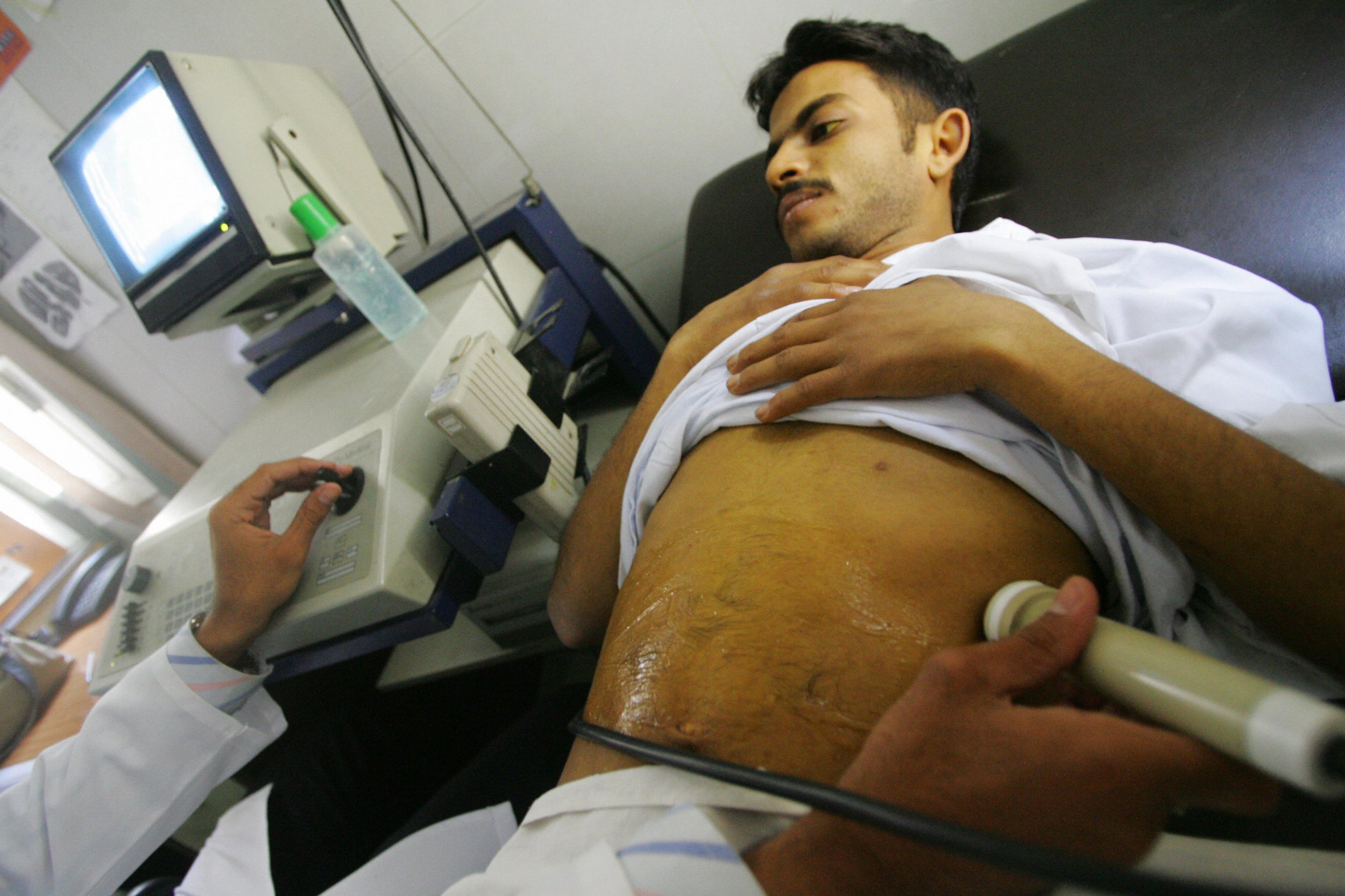
Wrinkles aren't just a sign of aging on our outward appearance, but also can occur deep inside on a cellular level. Wrinkles on our cells' nuclei can interfere with certain genes and contribute to illnesses such as fatty liver disease. Smoothing out these wrinkles may be the answer.
In a study published online in Aging Cell, researchers from the University of Virginia School of Medicine noted that as cells age, their nuclei, or the cell center, can also develop wrinkles similar to those that appear in aging skin. The nucleus takes up about 10 percent of the cell's volume, and also contains our DNA. As a result, this wrinkling can affect gene expression and lead to more serious health problems, including type 2 diabetes and cardiovascular disease, which can result in death, MedicalXpress reported.
Not all genes are equally affected by this wrinkling. Although every cell in our body has the same genes, whether they are turned on or off affects whether the genes will function. The study noted that genes that were switched "off" seemed to be more closely pressed up against the nucleus and as a result more affected by nucleus wrinkling.
Related: Exercise Has Anti-Aging Benefits And Makes You Years Younger On A Cellular Level
This finding is especially problematic for the liver, as with age the nuclear membranes of our liver can become studded with fat. This fat causes the nuclei membrane to wrinkle and affect genes that are shoved tightly to it.
"When your nuclear membrane is no longer functioning properly, it can release the DNA that's supposed to be turned off," said lead study author, Irina M. Bochkis, of UVA's department of pharmacology, MedicalXpress reported. "So then your little liver cell becomes a little fat cell."
Related: Reversing Aging: Scientists Make Old Human Cells Look And Act Younger In Breakthrough Discovery
The wrinkling is caused by a lack of a substance called lamin. The new study not only pointed out what happens when the cells' nuclei wrinkle, but also how this wrinkling could potentially be reversed. According to the research, restoring this lamin may be able to reverse some of the wrinkling, and in turn prevent the gene dysfunction. This finding may be particularly important for research into potential treatments for fatty liver disease.
Nonalcoholic fatty liver disease is a condition marked by the presence of fat in more than five percent of liver cells, Harvard Health reported. Drinking too much alcohol can cause fat to build up in the liver, but in this case the buildup is caused by other factors such as high blood pressure or diabetes.
Uncommon Knowledge
Newsweek is committed to challenging conventional wisdom and finding connections in the search for common ground.
Newsweek is committed to challenging conventional wisdom and finding connections in the search for common ground.
About the writer
To read how Newsweek uses AI as a newsroom tool, Click here.








